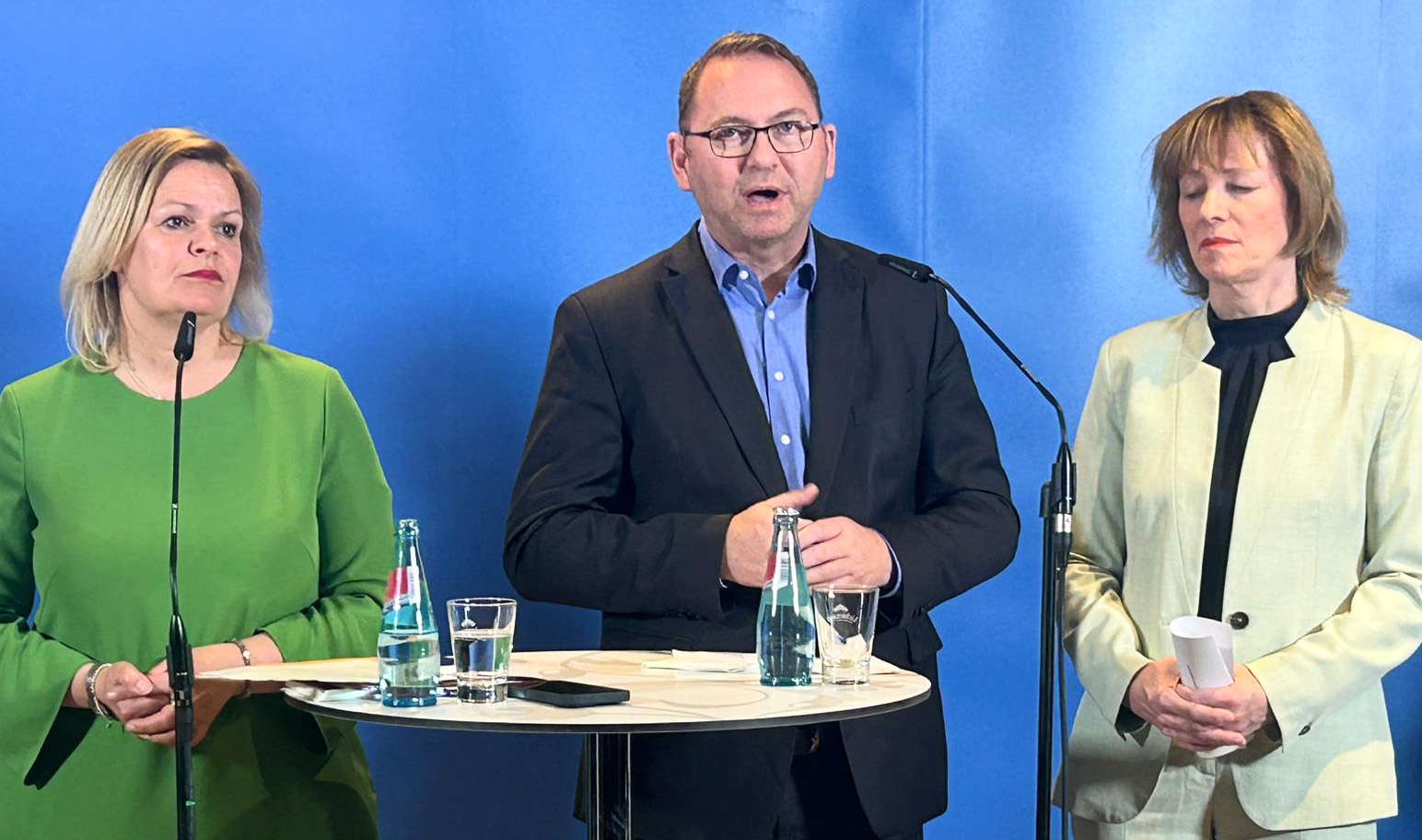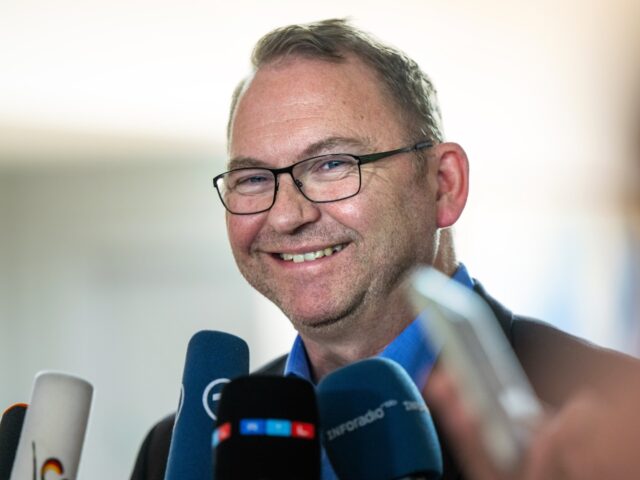BERLIN (AP) – German government officials and labour unions have reached a pay deal for more than 2.5 million public-sector workers, ending a lengthy dispute and heading off the possibility of disruptive all-out strikes.
The ver.di union had pressed for hefty raises as Germany, like many other countries, grapples with high inflation. Interior Minister Nancy Faeser said as the deal was announced around midnight Sunday that “we accommodated the unions as far as we could responsibly do in a difficult budget situation.”
The deal entails tax-free one-time payments totalling 3,000 euros ($3,300) per employee, with the first 1,240 euros coming in June and monthly payments of 220 euros following until February. In March, regular monthly pay for all will be increased by 200 euros, followed by a salary increase of 5.5% – with a minimum raise of 340 euros per month assured. The deal runs through to the end of 2024.
Ver.di originally sought a one-year deal with a raise of 10.5%. The deal was reached on the basis of a proposal by arbitrators who were called in after talks broke down last month.
Ver.di chair Frank Werneke said that “we went to our pain threshold with the decision to make this compromise.” He said that the raises in regular pay next year will amount to an increase of over 11% for most employees of federal and municipal governments.

23 April 2023, Brandenburg, Potsdam: Frank Werneke, Chairman of the United Services Union Verdi, talks between Nancy Faeser (SPD, l), Federal Minister of the Interior, and Karin Welge, President of the Federation of Municipal Employers’ Associations, about the agreement reached in collective bargaining for public sector employees. Photo: Sven Käuler/dpa (Photo by Sven Käuler/picture alliance via Getty Images)
The union has staged frequent walkouts over recent months to underline its demands, with local transport, hospitals and other public services hit.
Germany’s annual inflation rate has declined from the levels it reached late last year but is still high. It stood at 7.4% in March.
The past few months have seen plenty of other tense pay negotiations in Europe’s biggest economy, some of which have yet to be concluded. In a joint show of strength, ver.di and the EVG union – which represents many railway workers – staged a one-day strike last month that paralyzed much of the country’s transport network.
EVG, whose members walked off the job again on Friday, is seeking a 12% raise and has rejected the idea of negotiating a deal based on the arbitration proposal that helped resolve the public workers’ dispute. The next round of talks is set for Tuesday.
And ver.di is still in a dispute with Germany’s airport security companies association over pay and conditions for security staff. In the latest of a string of walkouts, it has called on security workers at Berlin Airport to walk out on Monday. The airport says there will no departures all day.

COMMENTS
Please let us know if you're having issues with commenting.